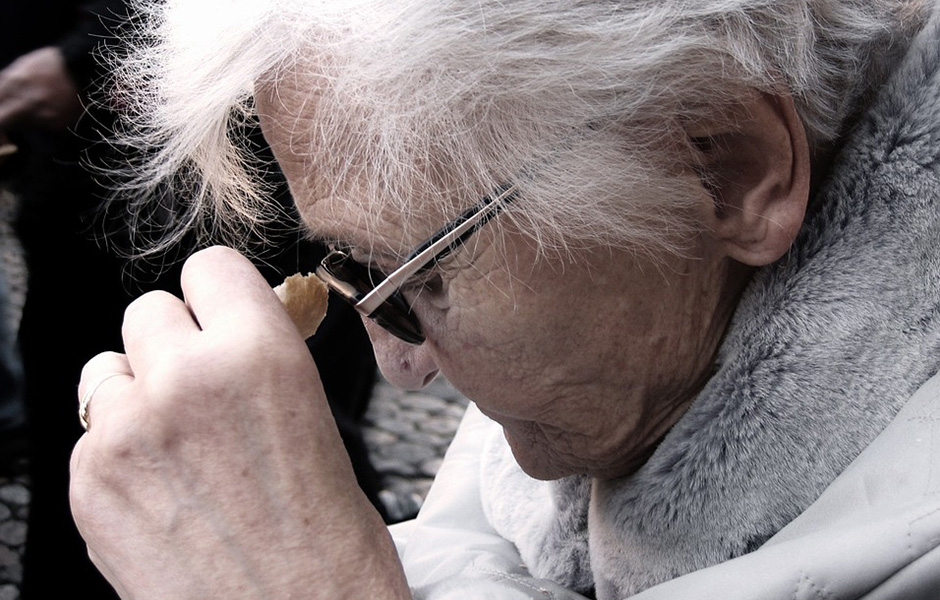Researchers from several European countries will present, on October 1, International Day of Older Persons, the scientific results of the QASP project on “Quality of Life and Aging in Spain, Sweden and Portugal”, which brings together the Carlos III Health Institute (ISCIII), the Karolinska Institute and CINTESIS – Center for Health Technology and Services Research.
The data will be made public during the QASP Days “Giving Quality of Life to the Elderly”, which will be held on October 1st, International Day of the Elderly, at the Faculty of Medicine of the University of Porto (FMUP) and through Zoom, between 9:30 a.m. and 1:00 p.m. (Portuguese time).
Among the participants will be the representative of the World Health Organization (WHO), Vânia de La Fuente, who will remotely deliver the opening conference on the Healthy Aging Decade (2021-2030) promoted by the WHO and the United Nations (UN).
One of the conclusions of this European project points to the need to promote active and healthy ageing and quality of life for older people, responding to the goals of the Decade of Healthy Ageing.
“It is urgent to develop multidisciplinary interventions aimed at mitigating loneliness and social isolation and improving the mental health of older people,” explains Maria João Forjaz, project coordinator and researcher at the National Center for Epidemiology of the ISCIII.
The team also warns that it is crucial to involve older people in the planning and implementation of interventions that are specially targeted to them.
The final recommendations of the project, which have already been set out in a document (“policy brief”) available in Portuguese, will soon be sent to health authorities, policy makers and professionals who work with older people, both in Portugal and Spain.
“We intend to raise awareness and put the issue of aging on the political agenda. To do this, we need to reach several bodies and institutions at the same time. It is also necessary that companies take into account strategies to address the ageing of their workers,” says the coordinator.
Funded by ISCIII and with a total duration of three years, the QASP research project started from the European base SHARE (Survey of Health, Ageing and Retirement in Europe), which follows people over 50 years old over time.
Composed of professionals from different areas, namely Medicine, Psychology, Sociology, Statistics, Geography, Gerontology and Engineering, the team involved CINTESIS researchers Oscar Ribeiro (coordinator in Portugal), Lia Araújo and Laetitia Teixeira, as well as researchers from ISCII and the Karolinska Institute.

